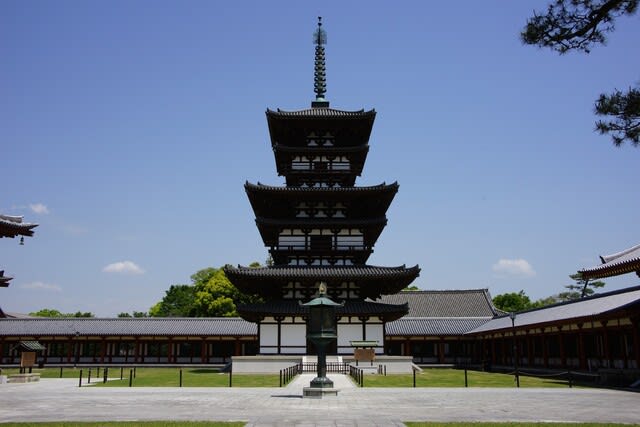The following is from the serial column of Masayuki Takayama, who brings the weekly Shincho released yesterday to a successful conclusion.
This article also proves that he is the one and only journalist in the postwar world.
It is the first time most Japanese people, not just me, know this fact.
The truth of what was reported on TV was such an appalling reality.
What the mass media and so-called human rights groups have been doing is inexcusable.
They are the "unforgivable ones."
It is a must-read not only for the Japanese people but for people all over the world.
DV Refugees
Sri Lanka's Uishma Sandhamali came to Japan four years ago on a student visa.
She had planned to learn Japanese and eventually teach English at a junior high school in Japan.
However, it takes a lot of effort to realize a dream.
She failed to do so and eventually stopped attending the language school where she studied.
She started living with a man from her hometown whom she met.
The school gave her a six-month grace period, but she continued to slack off and was expelled.
If her student visa expired, she would be in Japan illegally.
She hurriedly applied for refugee status.
There was no way she would be granted such a status.
Six months later, her application was rejected, and she lost her residence status, and she disappeared with her live-in boyfriend.
If this were the U.S., the Department of Homeland Security (DHS) would immediately issue an order to appear and use its police powers to track her down.
The DHS was established in the wake of the 9/11 terrorist attacks by Al Qaeda to enforce complete immigration control, similar to the authority of the former Ministry of the Interior in Japan.
However, the current Immigration Bureau does not have that power.
Last summer, after two years had passed without any way to trace her whereabouts, Uishma ran to the police in Shizuoka Prefecture and asked for protection.
She said that her live-in partner "almost killed me due to domestic violence" and that she wanted to return to her country as soon as possible.
She is here illegally.
She should jump on a plane to Sri Lanka.
But she has only $20 in her pocket.
Her parents don't have any money either.
So she will have to go to an immigration detention center in Nagoya and wait for deportation, which will be paid for by the government.
According to the New York Times, she received a letter from a domestic violence man.
It is unknown how the man knew where she was or why he felt compelled to write to her.
At that time, a refugee human rights organization with many good intentions went to see her frequently.
I don't know if they had any contact with the DV man or not, but the letter said, "I got into a bad situation because you reported me to the Japanese police. I will get even with you when I come back to my country.
Human rights groups claimed that she was in danger of death if she returned to Japan and qualified as a refugee.
She reversed her decision to return and applied for refugee status.
But how can domestic violence abuse be a reason to apply for refugee status?
Besides, to be accepted as a refugee, one must be a "good person.
In her case, she was playing around without studying, and after all, she said to be fretful, she wanted to go back to her country, or rather, she wanted to stay in Japan.
Her selfishness is all that stands out.
However, under the current law, you will not be deported if you apply for refugee status during that period.
Even if your application is rejected, you will not be deported as long as you keep reapplying.
You can stay in Japan forever.
Currently, there are 3,100 such repetitive application groups, and 80% of them are temporarily released due to illness.
They can enjoy their lives outside the walls.
Some 580 of them, including a vicious ex-convict caught for rape and murder, continue to demand a haven in Japan.
Perhaps on the advice of a human rights group, Uishma also submitted her refugee application and at the same time complained of physical problems and asked to be admitted to an outside hospital.
It is a clever way of exploiting a hole in the immigration law.
The immigration bureau asked for a doctor's diagnosis and decided that she did not need to be hospitalized, but she refused to take the prescribed medication, and her condition worsened.
It took her to the hospital, where she died.
The human rights group advising her for a long time, waited for this to happen, and brought her two sisters from Sri Lanka to meet Justice Minister Kamikawa.
The bill to amend the Immigration Control and Refugee Recognition Act was forced to be scrapped.
If they had the money to bring her two sisters, they should have paid for Uishma's flight from the beginning.
As for the DV man, he should have just told the local police.
Why didn't the human rights groups consider such humanitarian concerns?
Did they think that if she died, it would become a political issue?
One more thing, why didn't the Japanese newspapers write a single line about her problematic behavior, which even the U.S. newspapers reported in detail?
Kumaraswamy, who perpetuated the lie of comfort women, and now this, do not seem to get along well with Sri Lankans.














